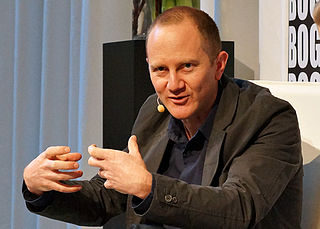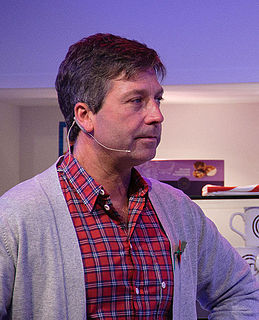A Quote by Justin Cartwright
'The Cauliflower' is not strictly a novel, as Barker says in her indispensable afterword.
Quote Topics
Related Quotes
As a critic, I try to stay neutral about movies before I see them, but I really wanted "Whiskey Tango Foxtrot" to be great. It's based on a barbed memoir by Kim Barker called "The Taliban Shuffle: Strange Days In Afghanistan And Pakistan." And its stars Tina Fey, out of her comfort zone, just as Barker was a fish out of water when, in 2004, she began covering the Afghanistan occupation for the Chicago Tribune.
The most common mistake students of literature make is to go straight for what the poem or novel says, setting aside the way that it says it. To read like this is to set aside the ‘literariness’ of the work – the fact that it is a poem or play or novel, rather than an account of the incidence of soil erosion in Nebraska.
In her novel Regeneration, Pat Barker writes of a doctor who 'knew only too well how often the early stages of change or cure may mimic deterioration. Cut a chrysalis open, and you will find a rotting caterpillar. What you will never find is that mythical creature, half caterpillar, half butterfly, a fit emblem of the human soul, for those whose cast of mind leads them to seek such emblems. No, the process of transformation consists almost entirely of decay.






































